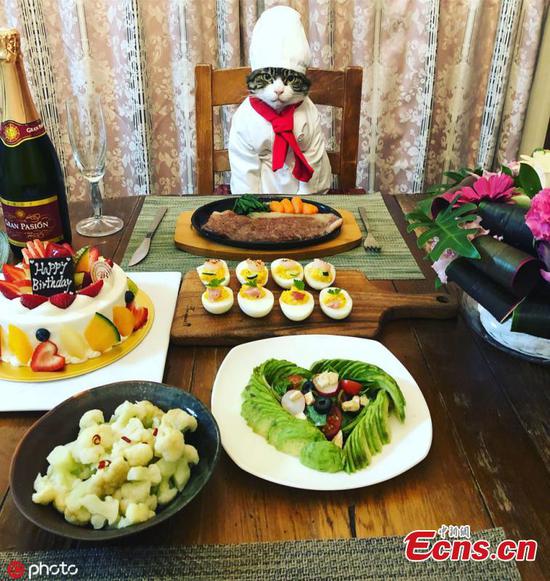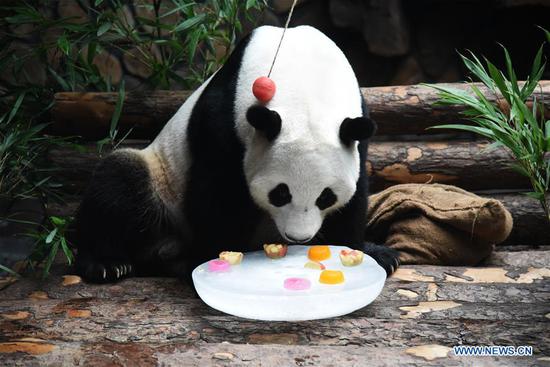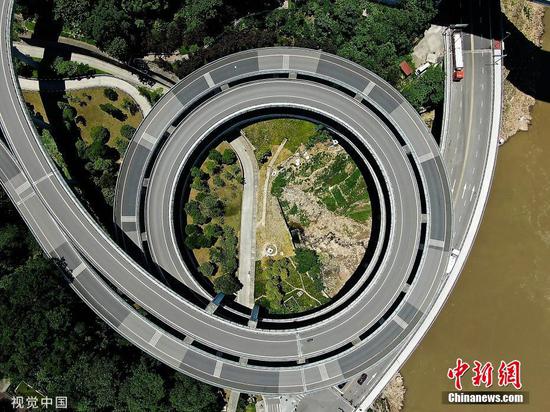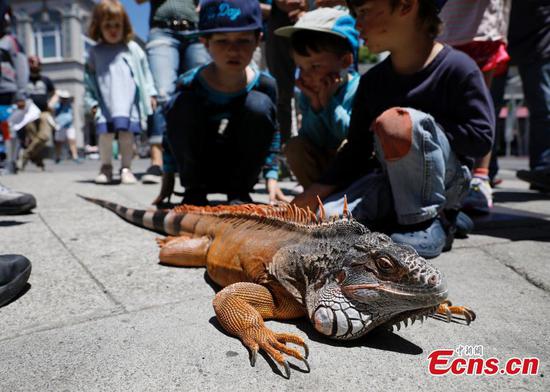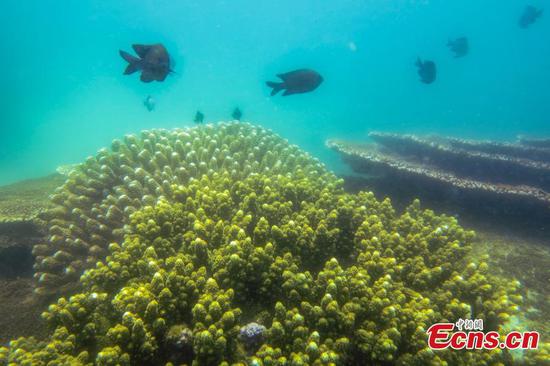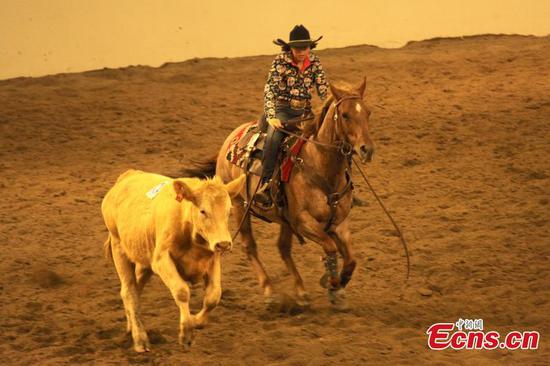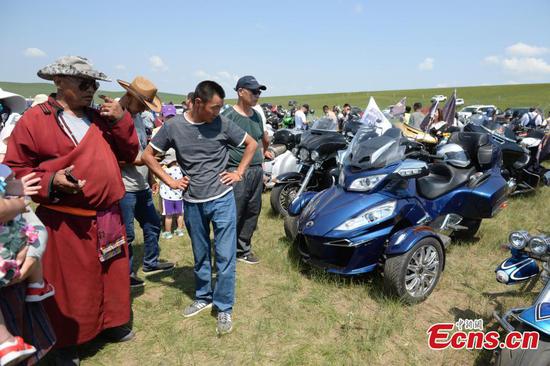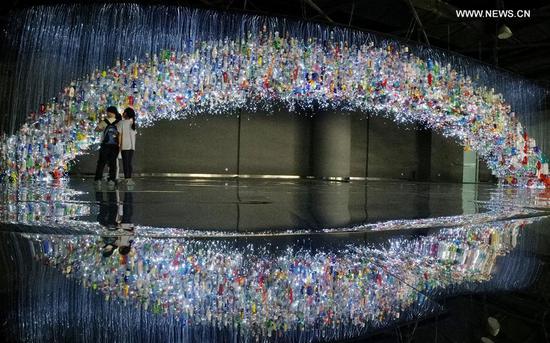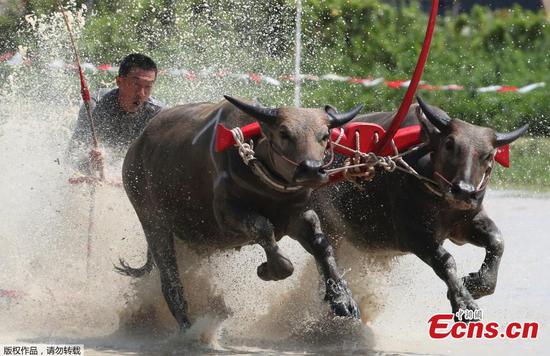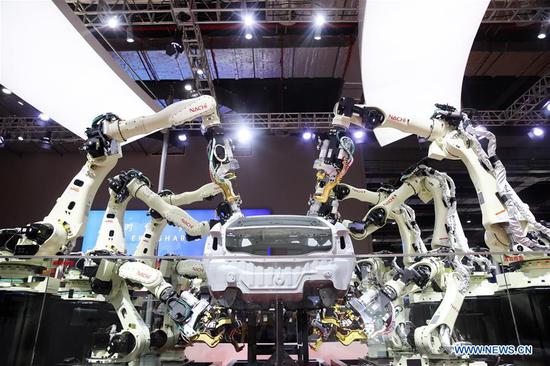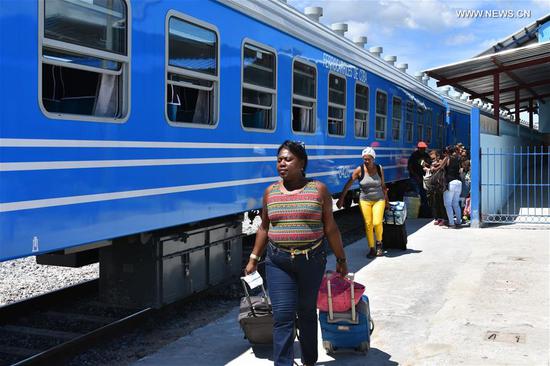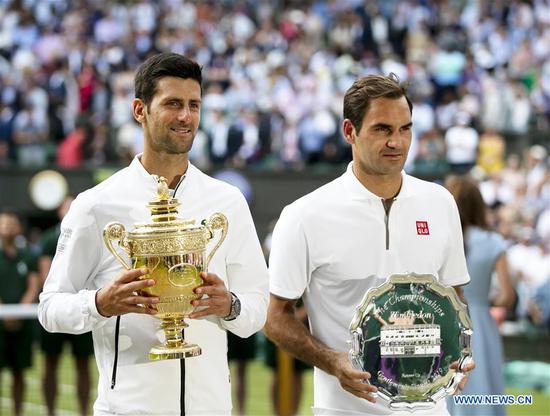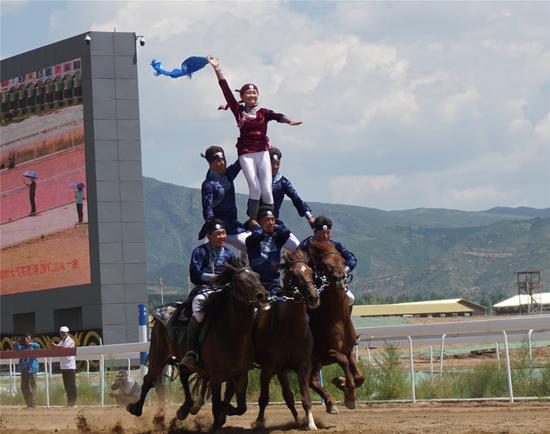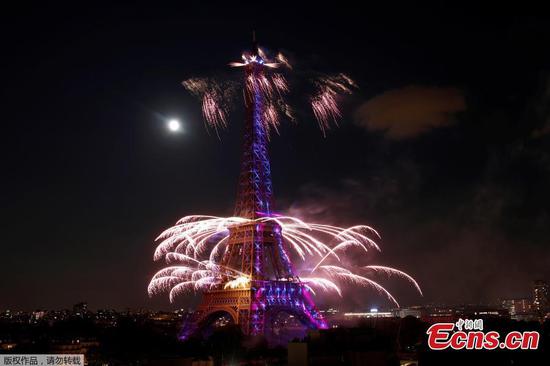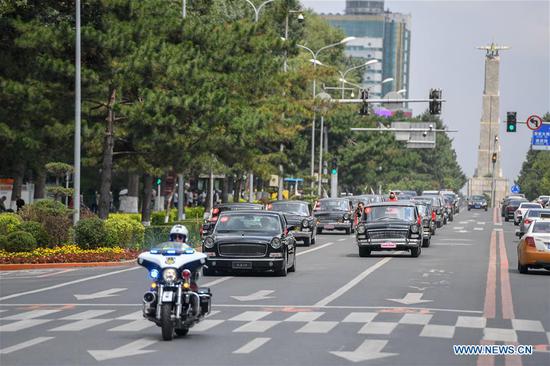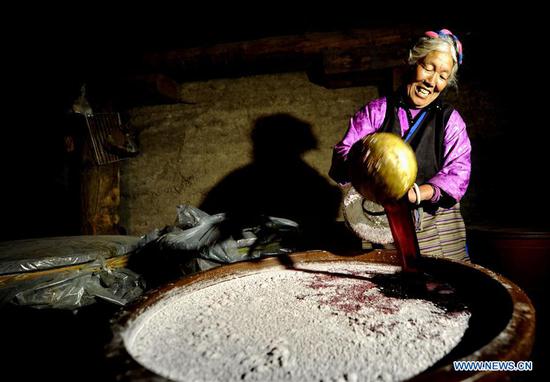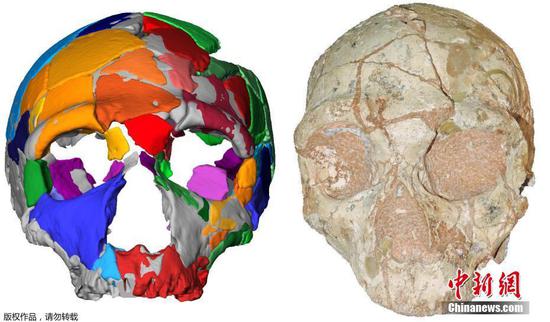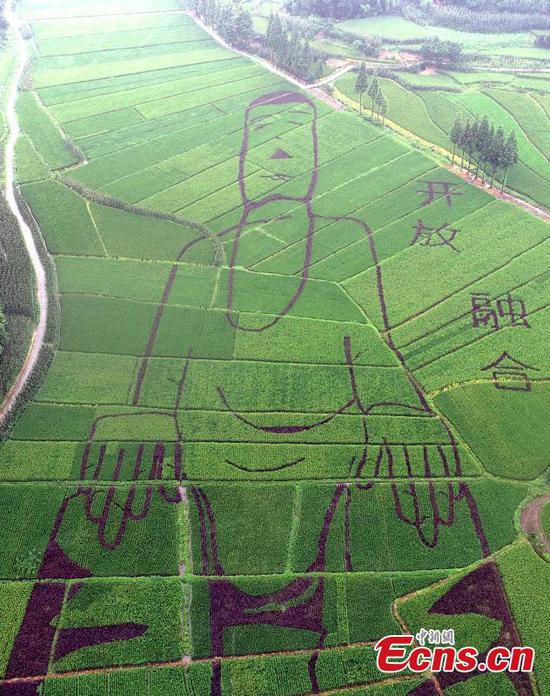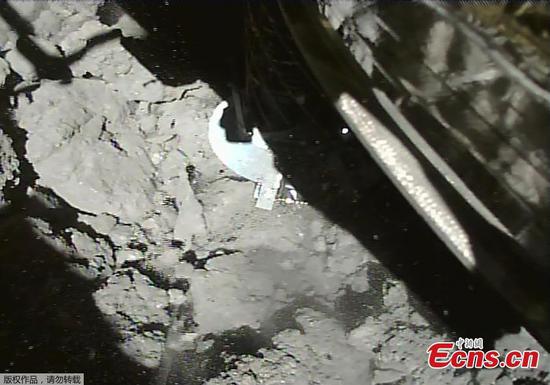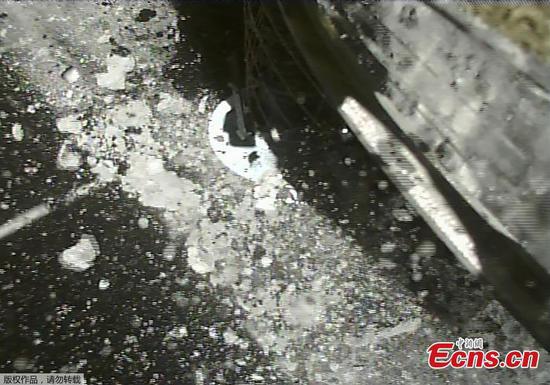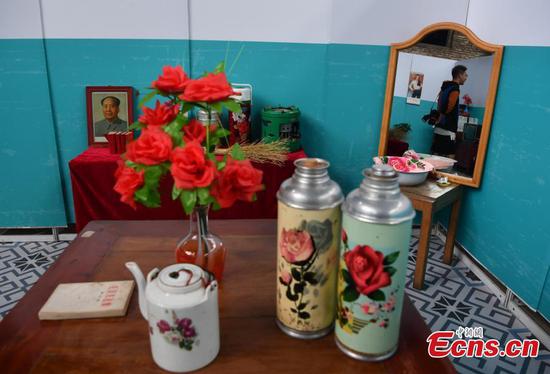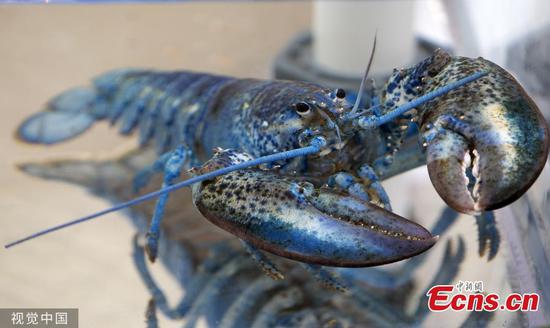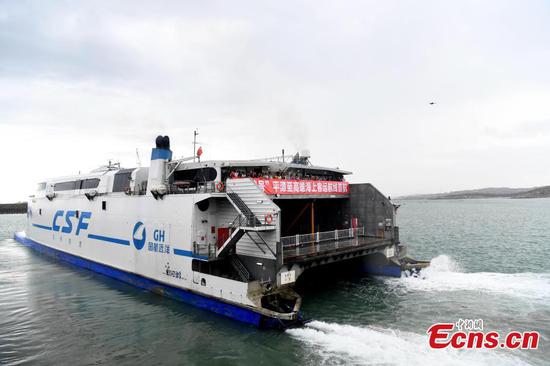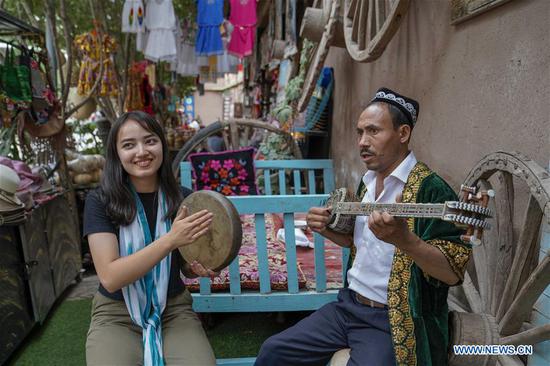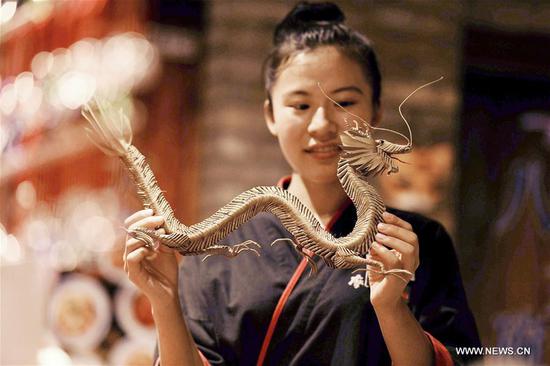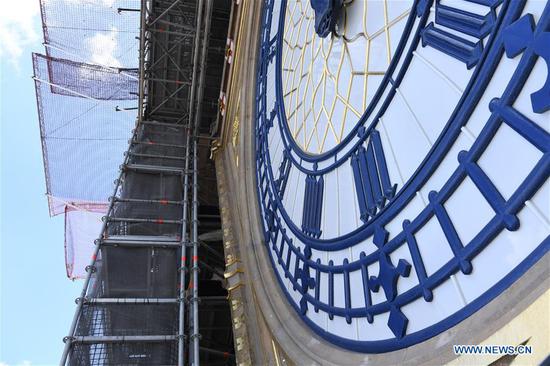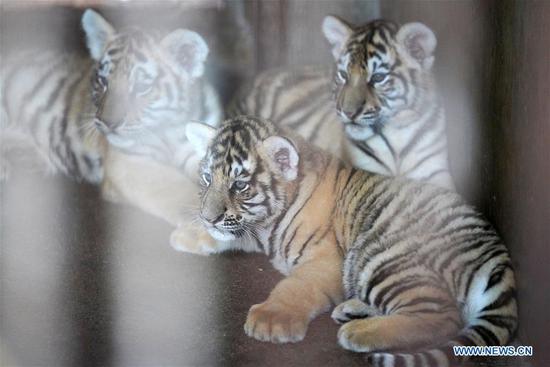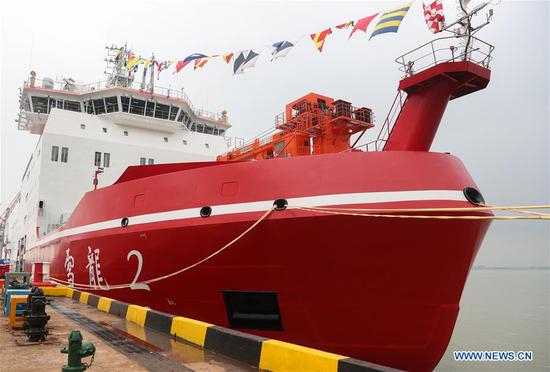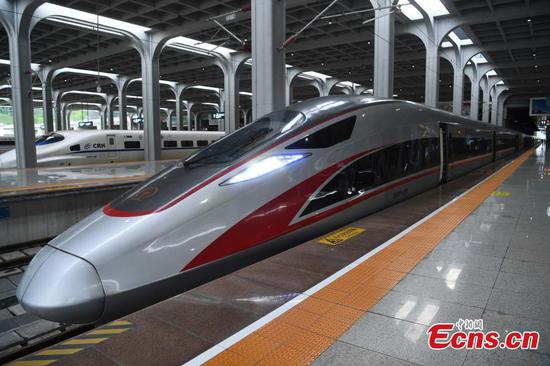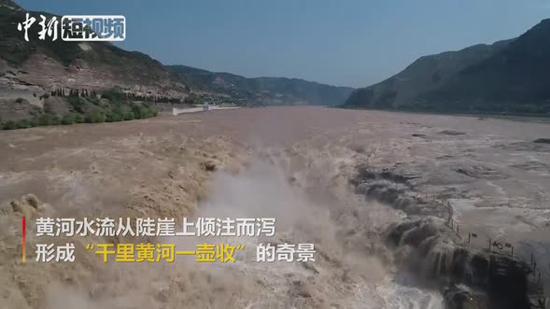The Foreign Ministry confirmed on Monday the detention of a Canadian citizen accused of involvement in a drug-related case in Yantai, a coastal city in Shandong province.
Ministry spokesman Geng Shuang said at a daily news conference that a drug-related case involving foreign students is under investigation and one of the people involved in the case is a Canadian citizen.
Geng also said that the case has nothing to do with a recent drug-related case in Xuzhou, Jiangsu province, where a police crackdown resulted in the arrest of 19 people, including 16 foreigners.
He said public security authorities had made consular notifications to relevant embassies in a timely manner and will arrange consular visits.
China will safeguard the legitimate rights of the parties concerned in accordance with law, Geng added.
The new case came as tensions continue in Sino-Canadian relations, sparked last year by the detention of Huawei's chief financial officer, Meng Wanzhou, in Vancouver at the request of the United States, which is seeking her extradition.
Agence France-Presse quoted a source familiar with the latest detention as saying that there was no indication that the case was related to the arrests of Canadians Michael Kovrig, an ex-diplomat, and businessman Michael Spavor, who have been arrested in China on spying charges.
Also on Monday, Geng said the Chinese government and its enterprises will not cooperate or have business contacts with U.S. companies selling arms to Taiwan.
Geng reiterated that China will impose sanctions on those companies in order to safeguard national interests.
He said while details of sanctions will not be disclosed now, the Chinese people are always "true in words and resolute in deeds".
The planned sale seriously violates international law and basic norms of international relations, as well as the one-China principle and the stipulations of the three China-U.S. joint communiques, he said. It also harms China's sovereignty and national security, he added.
Last week, the U.S. State Department said it had approved a planned sale of weapons worth $2.2 billion to Taiwan, including M1A2 Abrams tanks and Stinger anti-aircraft missiles.









